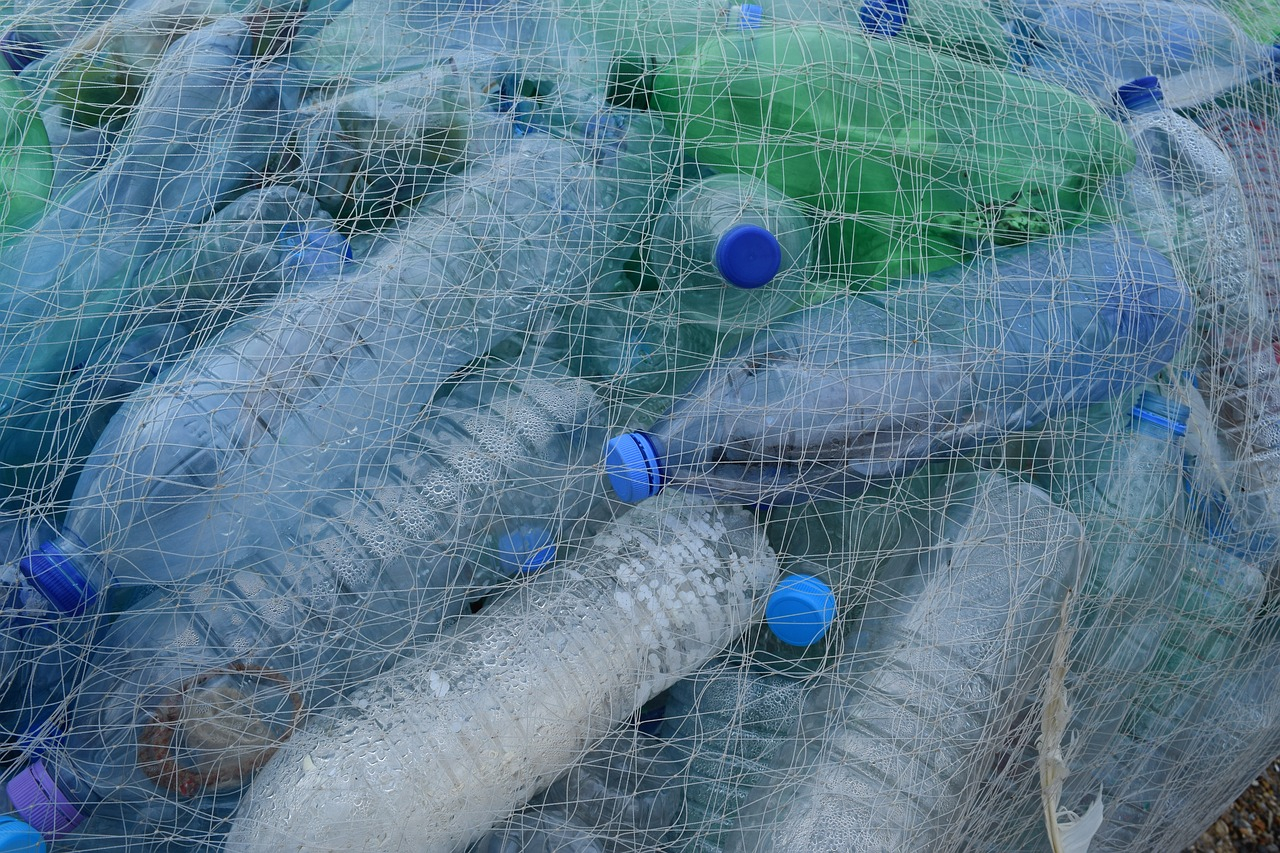The importance of effective collection systems
One crucial aspect of combating plastic pollution is implementing efficient plastic collection systems. Traditional methods of waste collection often fall short in effectively capturing plastic waste, leading to leakage into the environment. To tackle this problem, harnessing technology presents a promising solution.
Utilizing data-driven approaches
Advancements in technology, particularly in the realm of data analytics and machine learning, offer valuable tools for optimizing plastic collection systems. By leveraging data-driven approaches, municipalities and waste management companies can gain insights into patterns of plastic waste generation and distribution, enabling them to deploy resources more strategically.
Implementing iot-enabled solutions
The Internet of Things (IoT) presents another avenue for enhancing plastic collection efficiency. IoT-enabled sensors can be deployed in waste bins and collection points to monitor fill levels in real-time. This data allows for proactive collection scheduling, minimizing overflow and reducing the likelihood of plastic waste ending up in waterways.
Engaging the community through mobile apps
Community engagement is vital in ensuring the success of plastic collection efforts. Mobile applications can serve as powerful tools for fostering public participation. Features such as gamification and rewards incentivize individuals to properly dispose of plastic waste, while also providing valuable data on collection patterns.
Integrating robotics for automated sorting
In sorting facilities, the integration of robotics and automation technologies streamlines the process of separating plastic waste from other materials. Robotic systems equipped with artificial intelligence can identify and sort various types of plastics with precision and speed, increasing recycling rates and reducing contamination.
Investing in research and innovation
Continued investment in research and innovation is essential for the development of cutting-edge technologies to address plastic pollution. Collaboration between governments, academia, and the private sector can drive the creation of novel solutions, ultimately contributing to more efficient and sustainable plastic collection systems - plastic waste management.
Harnessing technology holds immense potential in the fight against plastic pollution. By embracing data-driven approaches, IoT-enabled solutions, community engagement strategies, and innovative technologies like robotics, we can revolutionize plastic collection systems and move towards a cleaner, healthier planet.











